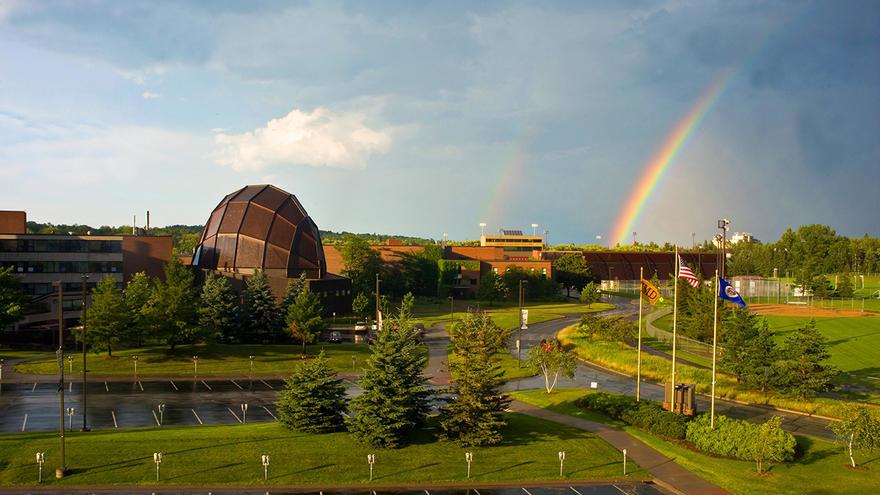Jennifer Webb, an associate professor of Art History and department head, participated in a first-of-its-kind study on the optimal timing for feedback.

In 2019-20, Indiana University researchers carried out the first ManyClasses experiment to explore the question of optimal timing for feedback on students' work.
After learning about the research, Webb opted in, recognizing an opportunity to participate in a study of substantial size. There were more than 2,000 student participants from 38 classes, approximately 17 disciplines, and 15 campuses at five universities.
Webb explains the study compared immediate feedback versus delayed feedback. Working with the team from Indiana who made sure her classes' data was being collected in the same way as it was at the other institutions, she made slight changes to her class structure to allow for more quizzes. Webb also made sure she had permission from her students, who were able to opt in and out.
"In the end, researchers found no difference in the timing of the feedback," says Webb. "In fact, they found that there was a little benefit to having delayed feedback and then having a reward." Webb adds that if the data had indicated that immediate feedback had an impact, she would have changed how she taught.
“I’m always wanting to see what we have about student learning and student well being. I am always looking for ways to empower students to be more successful."
The paper will be published online the week of July 12 in Advances in Methods and Practices in Psychological Science.
